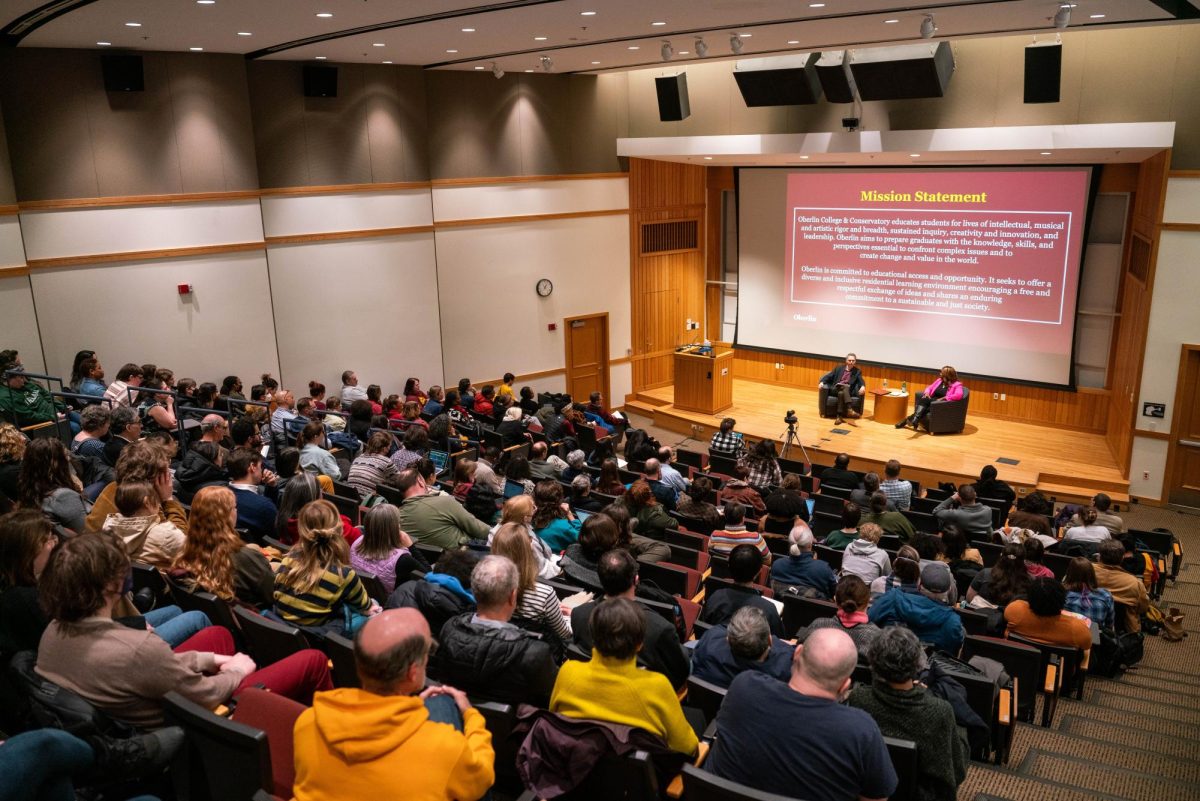Postseason Prodigies
February 8, 2013
There was something eerily familiar about Joe Flacco and the Baltimore Ravens’ 2012 championship season. The whole ride was so similar to that of the 2011 New York Giants that Flacco must have been channeling his inner Eli Manning.
Both quarterbacks were mocked at the beginning of the season for ambitious conceptions of their skill levels — Manning ranked himself as an elite quarter- back and Flacco claimed to be the best in the NFL — and both went on to justify those comments. Both barely made the playoffs, Giants at 9–7 and Ravens at 10–6, and both took their teams on wild playoff runs, putting up good numbers in the process. The question is exposed: Who led their team to victory in a more impressive fashion?
A cursory glance at postseason passing stats is compelling, as Manning and Flacco put up very similar numbers. Manning threw the ball more, connecting on 106 of 163 passes for 1,219 yards and a completion rate of 65 percent. Flacco, on the other hand, went 73 for 126 with a completion rate of 57.9 percent and 1,140 yards. In these statistical categories we must give the nod to Manning, who passed more times and more effectively.
Flacco was not to be outdone, however, throwing 11 touchdowns and zero interceptions for a quarterback rating of 117.2. Manning fell short in these categories, throwing nine touchdowns and one interception, finishing with a quarterback rating of 103.3. There is no arguing with Flacco’s accomplishments; throwing two more touchdowns and zero interceptions in 37 fewer attempts is patently impressive.
Where do we draw the line? In order to adequately distinguish between these prolific post-season passers, we must attempt to figure out which quarterback was more “clutch,” which quarter- back was able to get it done in the fourth quarter with the game on the line. Flacco had one fourth-quarter game-winning drive. We won’t soon forget the 70-yard bomb to Jacoby Jones against the Denver Broncos with 30 seconds on the clock. It was awesome, unlikely and sent the Ravens into overtime toward a win.
But Manning had two. The first came against the 49ers, allowing the Giants to move on to the Super Bowl; the next brought home the Lombardi Trophy. Beginning with what will go down as one of the greatest Super Bowl passes of all time, the 38-yard Manning- to-Manningham connection sparked an 88-yard drive that will define Eli Manning’s career and permanently establish him as a fourth-quarter comeback specialist.
Put simply, Eli Manning is a postseason wizard. Manning’s clutch performance and game-winning drives in the NFC Championship game and Super Bowl solidify his 2011 postseason performance as superior. That’s not to diminish Flacco’s 2012 campaign; he is now able to call himself an elite quarterback and cast off his label as an AFC Championship Game choke artist. But he didn’t do it in the same sort of “I can’t believe that just happened” fashion of Eli Man- ning. Manning’s intangibles and clutch late-game antics put him ahead of Flacco by a hair. You can’t spell “Elite” without “Eli.”






















